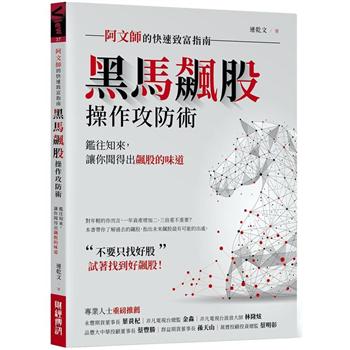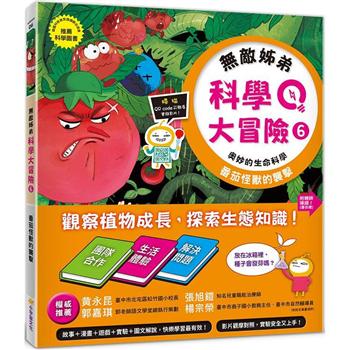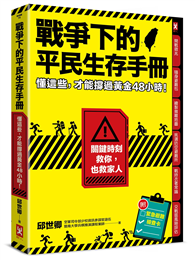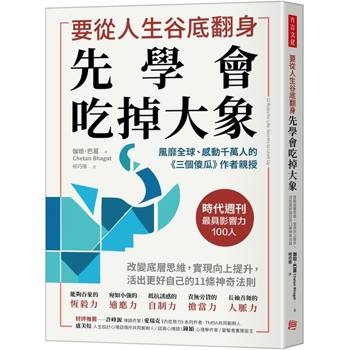This timely volume sets out the author’s novel concept of the Organic model of internationalisation, developed using participants’ perceptions, lived experiences, and recommendations for a better sustainable future of HE, and explores its broader application in the context of higher education.
Using the qualitative IPA (Interpretative Phenomenological Analysis) approach, chapters showcase the lived experiences and subjective perspectives of individuals around the paradox that internationalisation presents, the distorting effects of institutional power, and the market- and ethics-based concerns of internationalisation in higher education. Drawing on an in-depth empirical study conducted using participant observation and interviews with participants from three UK universities, the book proposes a framework for redefining the global discourse of HE through the Organic model and urges the need for a compromise between profit and ethics to the benefit of both organisations and individuals. The book thoroughly discusses racist practices and introduces the concepts of "xeno-racism" and "angelism", ensuring that the proposed approach is authentic and responsive to the diverse experiences of the student body.
Showcasing a model with international potential and ramifications, this book will appeal to researchers, academics, and postgraduate students in higher education, internationalisation, and international study mobility. Practitioners and policymakers may also benefit from the volume.











